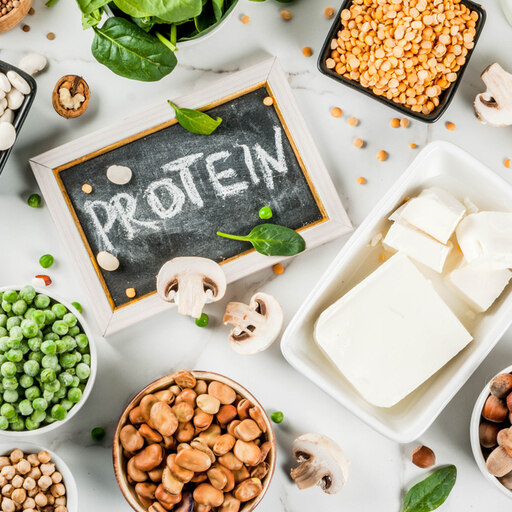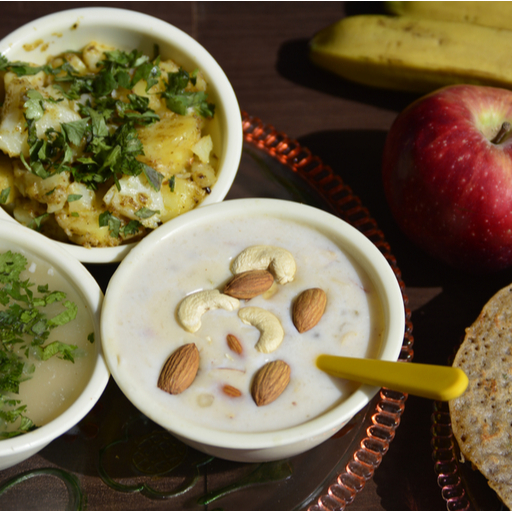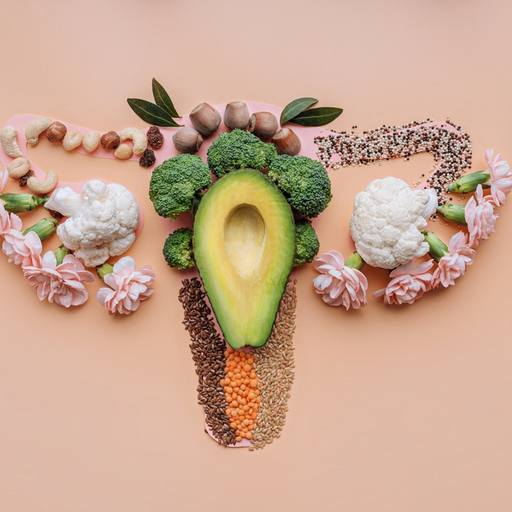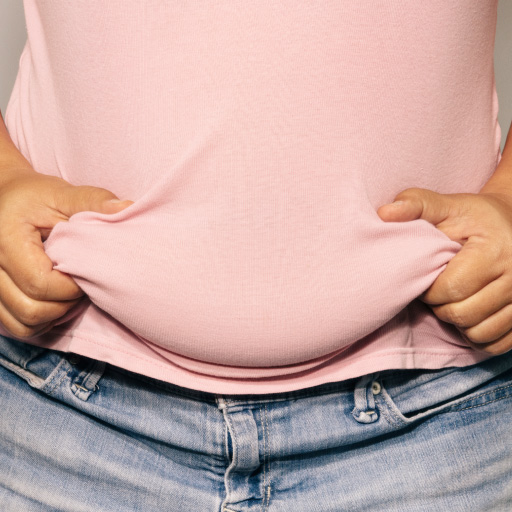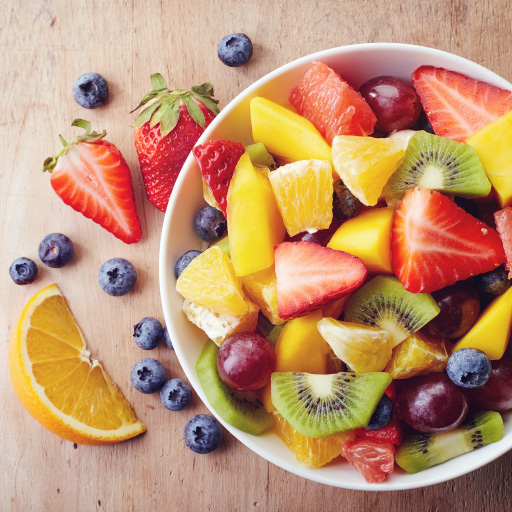Protein is important for our body to function and is an essential part of our being, especially during childhood and adolescence. Proteins also contribute to muscle development and strength, a healthy immune system and help the movement of nutrients and oxygen. Additionally, proteins provide a source of energy when carbohydrates and fats are insufficient. Including an adequate amount of protein in our diet is vital for optimal health and the functioning of our body’s systems.
What you should know:
- What is protein?
- How much protein do you need?
- What are the benefits of protein intake?
- List of protein-rich food
What is protein?
Proteins are fascinating and essential molecules that play a crucial role in our bodies. It is a large and complex molecule of smaller units called amino acids, involved in numerous biological processes and responsible for various functions. Protein, fat, and carbohydrates are the three main macronutrients our bodies need to sustain ourselves.
They provide structure to tissues and organs, acting as the structure that holds everything together. Collagen is a protein that gives strength and elasticity to our skin, tendons, and bones. Proteins are also involved in boosting chemical reactions within our bodies. They act as enzymes, facilitating and speeding up vital chemical reactions.
How much protein do you need?
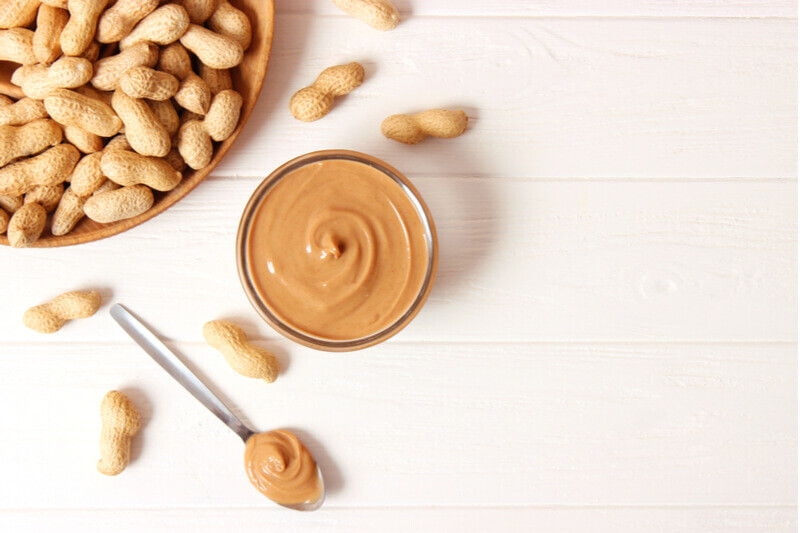
Figuring out the exact amount of protein one should consume each day can be a bit tricky. While there’s no right answer, the general guideline is around 56 grams per day for men and about 46 grams for women.
Imagine enjoying a meal consisting of low-fat chicken breast and a bowl of skim milk. Surprisingly, this combination alone can provide you with a sufficient 46 grams of protein for your daily needs. It’s all about finding the right balance and protein sources to fuel your body healthily.
What are the benefits of protein intake?
Here are some of the benefits of eating protein-rich food:
- Increases muscle mass and promotes muscle growth during strength training.
- High protein intake can boost your metabolism and help you burn more calories throughout the day.
- Consuming more protein can also lower systolic and diastolic blood pressure.
- In addition, protein can reduce bad cholesterol and triglycerides.
- Protein is crucial for maintaining and reconstructing healthy skin cells.
- Eating enough protein-rich food supports hair strength, thickness, and overall condition, reducing the risk of hair breakage and promoting healthy hair growth.
- Protein intake is important for a healthy bone structure. They contribute to regulating calcium, which is necessary for optimal bone health.
- Protein-rich food can help regulate blood sugar levels.
- Many hormones involved in regulating appetite and metabolism are made up of proteins. Eating protein-rich foods is necessary for producing and maintaining a healthy hormonal balance.
List of protein-rich food
Here are the five protein-rich foods you must include in your diet.
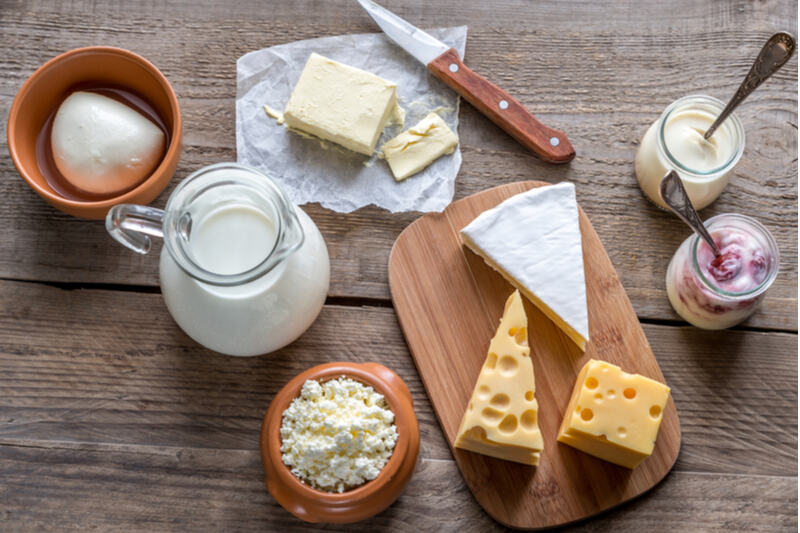
Dairy products
Milk, cheese and yogurt, are good sources of protein. Milk is a powerhouse of vitamins and minerals, like calcium, phosphorus, and riboflavin (vitamin B2), which is important to keep bones and teeth strong. However, those who are lactose intolerant cannot consume dairy in any form. But there are a variety of lactose-free products available, such as lactose-free milk, cheese, and yogurts. So, try including milk in your everyday diet.
Consuming one cup of milk will give you 8.32 grams of protein. At the same time, one cup of cheese will get you 28 grams of protein. Meanwhile, a cup of yogurt will give you 20 grams of protein.
Peanuts
They are actually legumes and are highly beneficial for the body. Peanuts and peanut butter are rich in proteins and nutrients, such as magnesium, folate, and vitamin E. It is also more filling and can help reduce a spike in the blood sugar level.
28.5 grams of peanut consumption will get you 7.31 grams of protein. Consuming 32 grams of peanut butter will provide you with 7.2 grams of protein.
Almonds
They are a classic example of plant-based protein. Having almonds every morning or adding them to your salad can immensely benefit you as they contain essential nutrients, like fiber, manganese, vitamin E and magnesium. You can also include other healthy nuts, such as pistachios and cashews.
28.35 grams of almonds can give 6 grams of protein. Other protein-rich foods like pistachio can give you 5.73 grams per 28.35 grams.
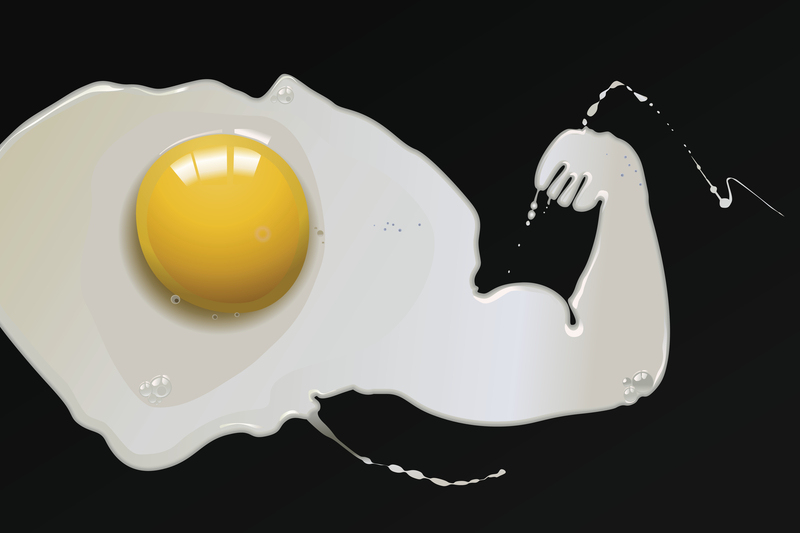
Eggs
Eggs serve as a low-carb, low-calorie, and low-cost source of protein. While egg whites are an excellent source of protein, the yolk contains all vital vitamins, minerals, omega-3 fatty acids and choline required by the human body and brain, which produces energy and keeps the immune system healthy.
One big egg (50g) contains around 6.3 grams of protein.
Chicken
It is a healthy substitute for red meat. It is a rich protein source that helps build stronger muscles and promotes bone density. Chicken also contains vitamin B12, choline, tryptophan, zinc and iron.
86 grams of chicken contains 26.7 grams of protein, making it one of the most protein-rich food.
Lentils
Lentils are one of the best sources of protein. With approximately 17.9 grams of protein per cup, they provide a valuable plant-based option for meeting your protein needs. In addition to protein, lentils are rich in dietary fiber, which promotes a healthy digestive system.
Less protein can lead to edema or swelling due to fluid retention or a weak muscle tone. Protein deficiency also causes a greater risk of osteoporosis, bone fractures, and stunted growth in children.
Consider maintaining a protein-rich diet for a healthy life.
Stay tuned to the Activ Living Community. Keep up to date with the latest health tips and trends through expert videos, podcasts, articles, and much more in nutrition, fitness, mindfulness, and lifestyle conditions like Asthma, Blood Pressure, Cholesterol, and Diabetes.
You may also be interested in the following blogs:
- How To Create A Protein Rich Diet For Diabetics?
- From Calcium To Protein: 5 Essential Health Benefits Of Milk You Need to Know
Popular Searches
How to lower blood pressure | Fruits good for liver | Unhealthy foods | Ragi Benefits | Basal Metabolic Rate | Acupressure points for High Blood Pressure | Ayurvedic medicine for blood pressure | How to control cholesterol at home | Homeopathy for Asthma | Biological Age | Home remedies for TB | Natural beta blockers | Negative effects of internet | Types of walking | Blood pressure calculator | Blood sugar calculator | BMI Calculator





 1800-270-7000
1800-270-7000


